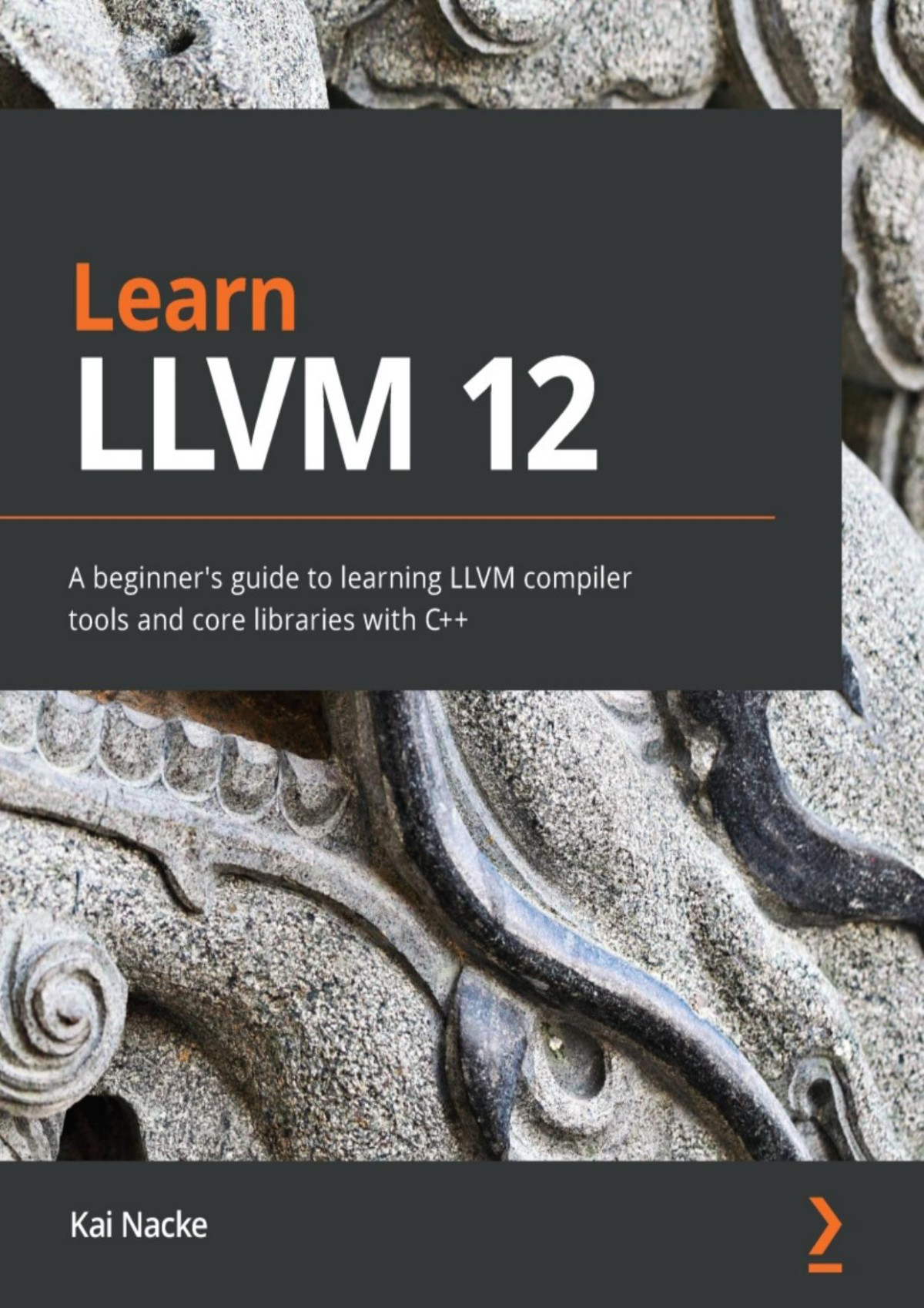

Most ebook files are in PDF format, so you can easily read them using various software such as Foxit Reader or directly on the Google Chrome browser.
Some ebook files are released by publishers in other formats such as .awz, .mobi, .epub, .fb2, etc. You may need to install specific software to read these formats on mobile/PC, such as Calibre.
Please read the tutorial at this link: https://ebookbell.com/faq
We offer FREE conversion to the popular formats you request; however, this may take some time. Therefore, right after payment, please email us, and we will try to provide the service as quickly as possible.
For some exceptional file formats or broken links (if any), please refrain from opening any disputes. Instead, email us first, and we will try to assist within a maximum of 6 hours.
EbookBell Team

4.4
92 reviewsLearn how to build and use all parts of real-world compilers, including the frontend, optimization pipeline, and a new backend by leveraging the power of LLVM core libraries
Key FeaturesLLVM was built to bridge the gap between compiler textbooks and actual compiler development. It provides a modular codebase and advanced tools which help developers to build compilers easily. This book provides a practical introduction to LLVM, gradually helping you navigate through complex scenarios with ease when it comes to building and working with compilers.
You'll start by configuring, building, and installing LLVM libraries, tools, and external projects. Next, the book will introduce you to LLVM design and how it works in practice during each LLVM compiler stage: frontend, optimizer, and backend. Using a subset of a real programming language as an example, you will then learn how to develop a frontend and generate LLVM IR, hand it over to the optimization pipeline, and generate machine code from it. Later chapters will show you how to extend LLVM with a new pass and how instruction selection in LLVM works. You'll also focus on Just-in-Time compilation issues and the current state of JIT-compilation support that LLVM provides, before finally going on to understand how to develop a new backend for LLVM.
By the end of this LLVM book, you will have gained real-world experience in working with the LLVM compiler development framework with the help of hands-on examples and source code snippets.
What you will learnThis book is for compiler developers, enthusiasts, and engineers who are new to LLVM and are interested in learning about the LLVM framework. It is also useful for C++ software engineers looking to use compiler-based tools for code analysis and improvement, as well as casual users of LLVM libraries who want to gain more knowledge of LLVM essentials. Intermediate-level experience with C++ programming is mandatory to understand the concepts covered in this book more effectively.